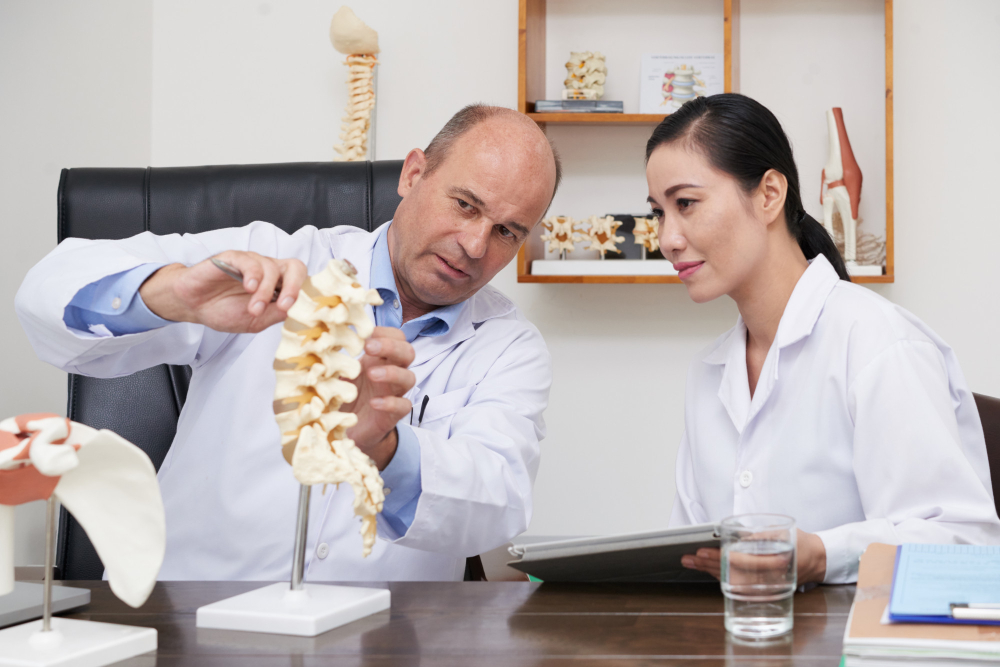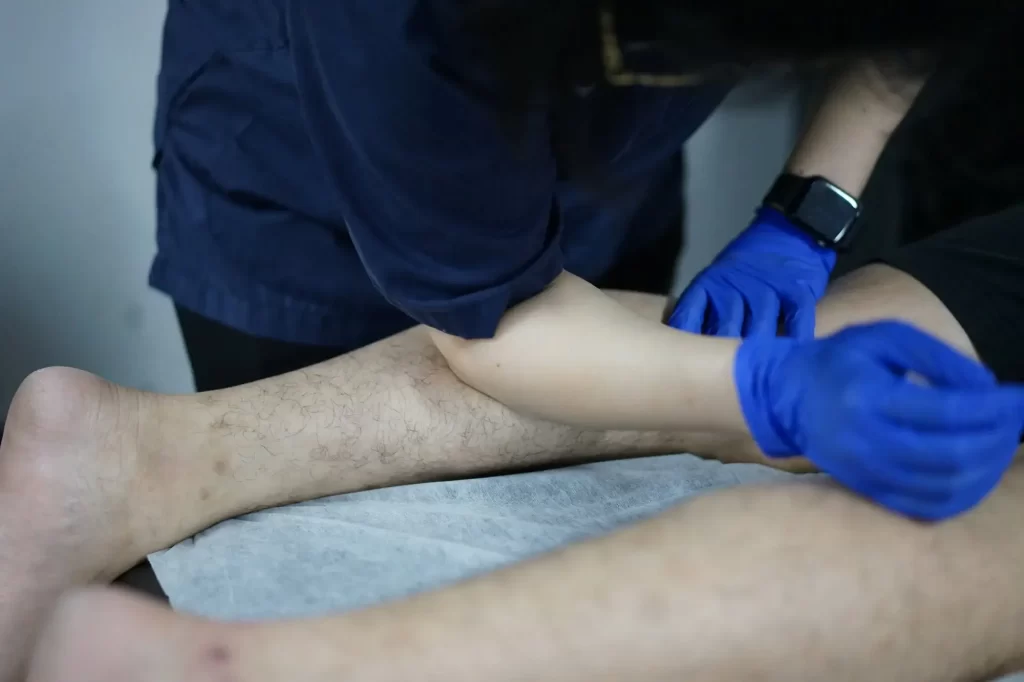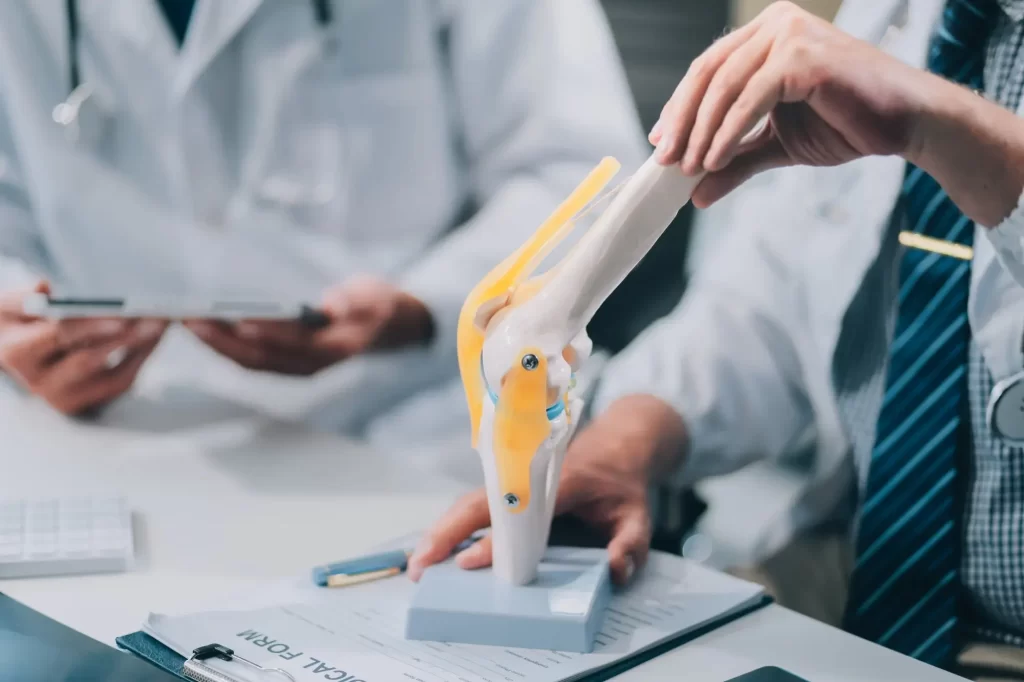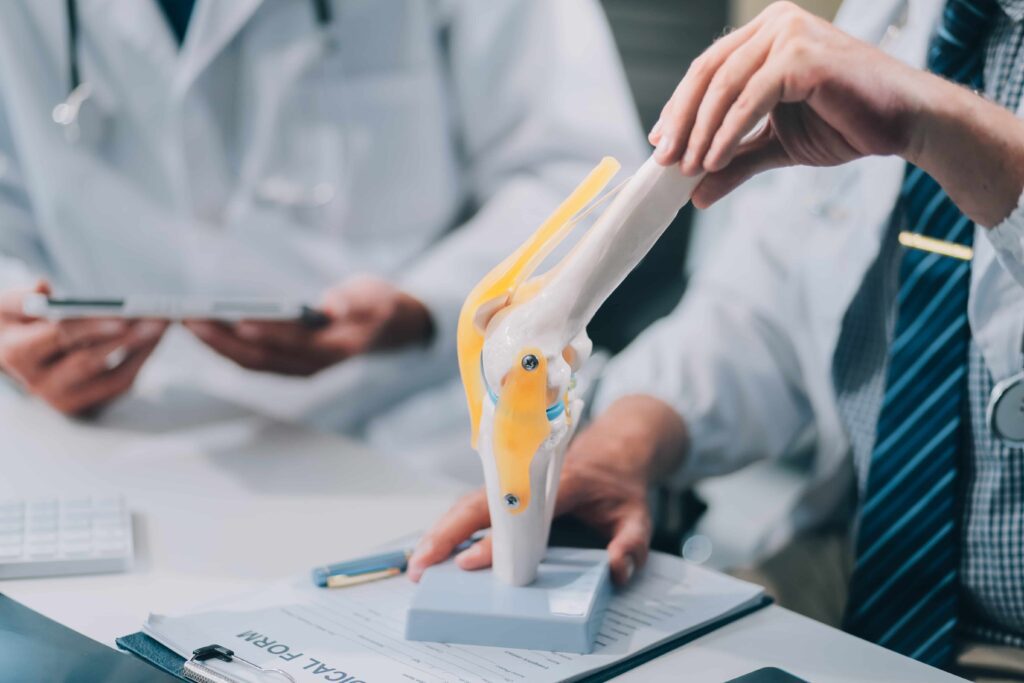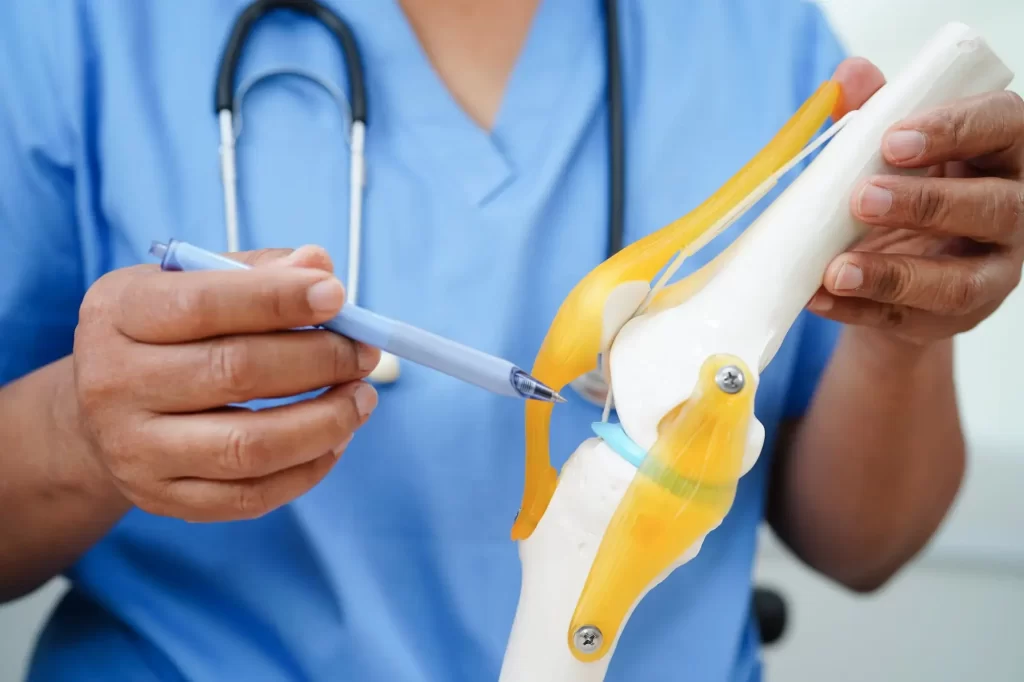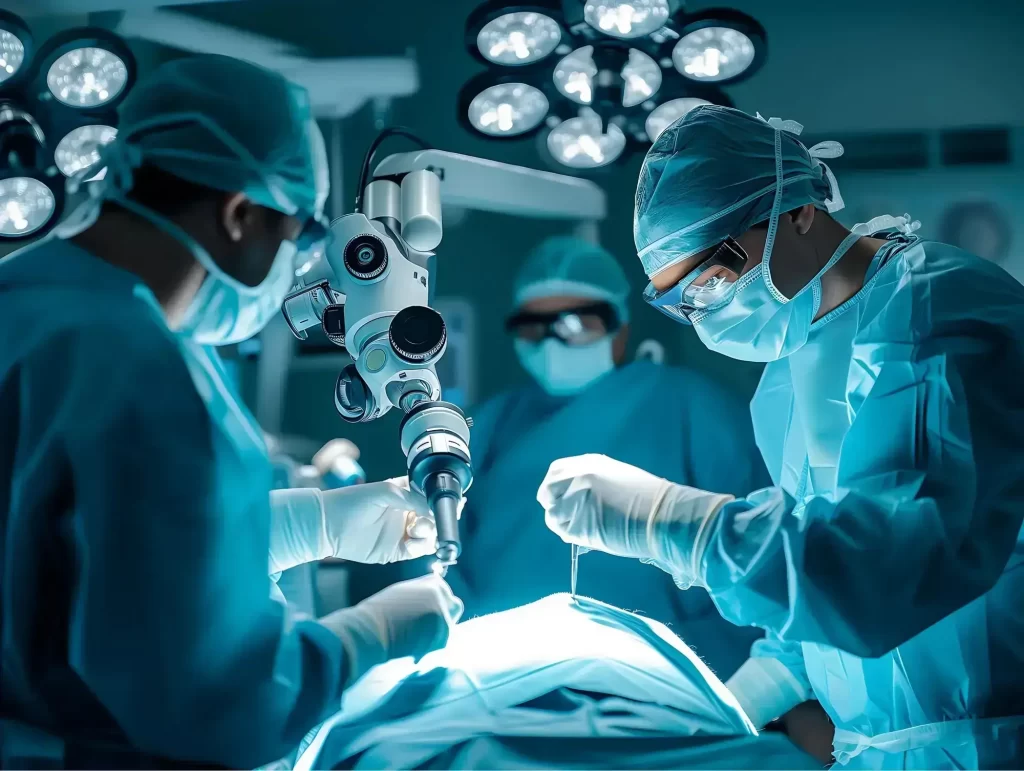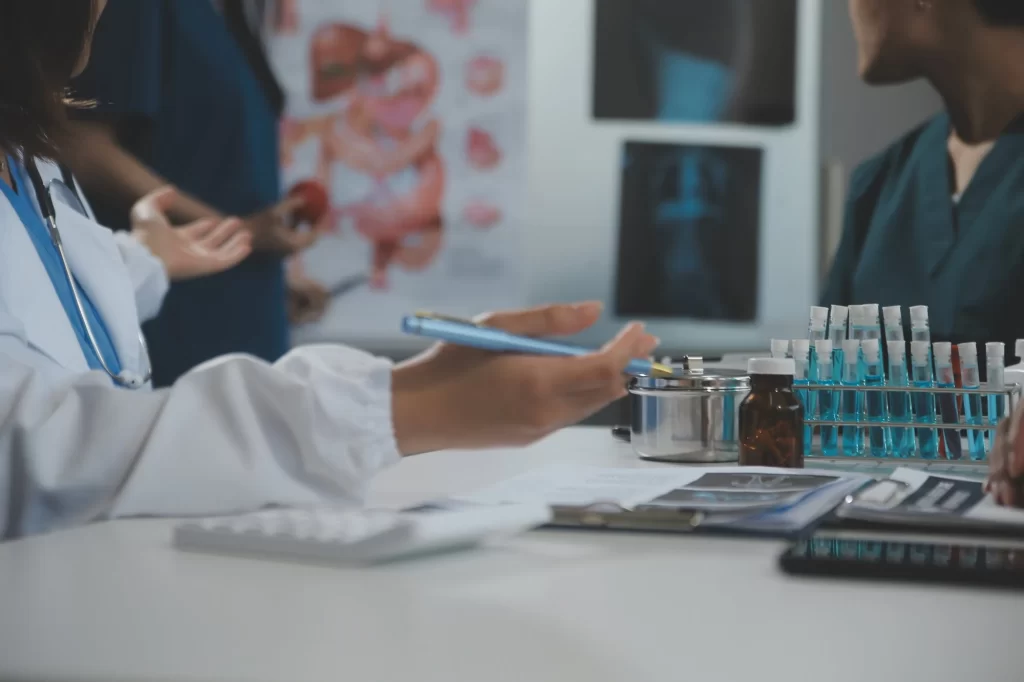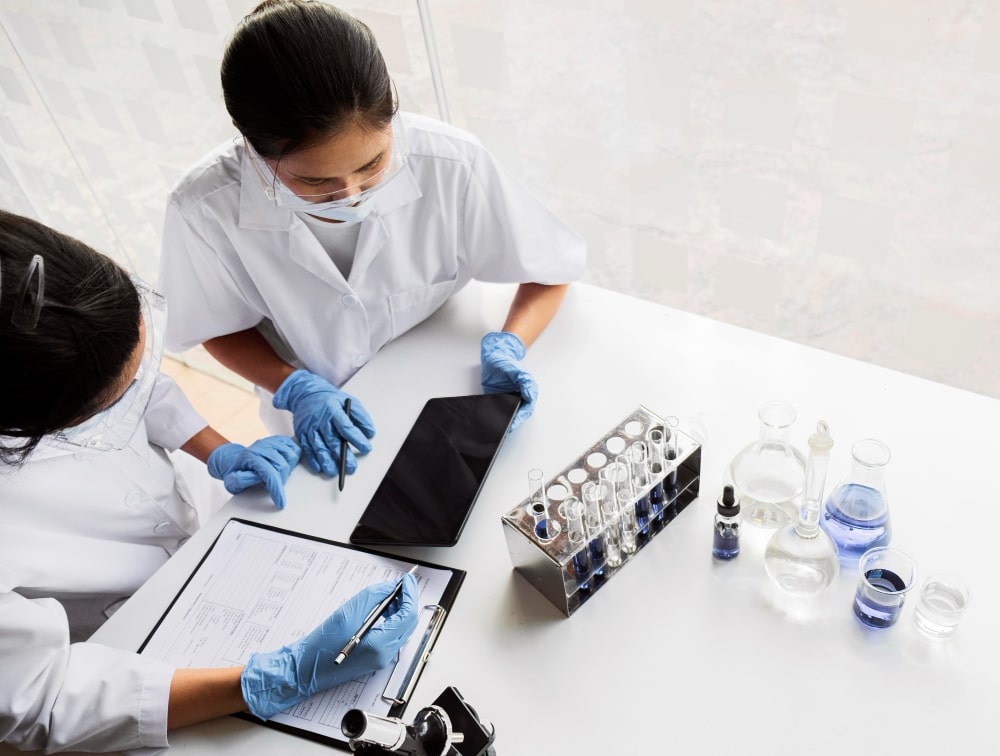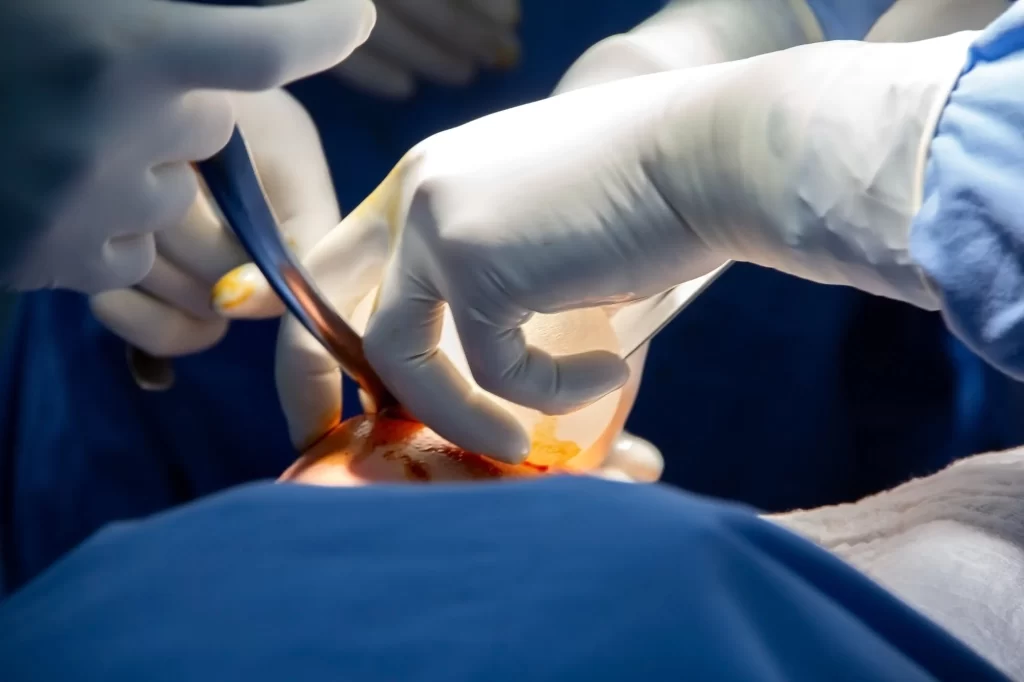Orthopedic implants such as joint replacements, spinal cages, and bone plates have improved mobility and quality of life for millions of patients worldwide. But before these medical devices reach operating rooms, they must undergo rigorous orthopedic preclinical testing to ensure safety, functionality, and long-term durability. This guide provides an in-depth look at what orthopedic preclinical […]
Category Archives: Uncategorized
Spinal fusion surgery is an important treatment for various spinal disorders including degenerative disc disease, traumatic injuries, and chronic instability. The procedure aims to permanently connect two or more vertebrae to eliminate motion and reduce pain. However, as implant technology and biologic treatments for spinal fusion evolve, so does the need for accurate, reliable, and […]
Bone regeneration is a critical area of research within orthopedics, focusing on new methods to facilitate the repair and regrowth of bone tissue. It is vital not only for traumatic injuries but also for degenerative diseases and congenital defects. Upcoming innovative approaches are significantly enhancing the body’s natural healing processes, potentially revolutionizing treatments for patients […]
Sustainability has increasingly become an important consideration in the field of preclinical research. As the demand for more green practices grows, researchers are turning to green chemistry approaches to minimize the environmental footprint of their work. This article explores the sustainable practices that can be integrated into preclinical research to promote eco-friendliness while maintaining the […]
Orthopedic preclinical testing ensures that implants, devices, and surgical techniques are safe, effective, and ready for real-world application. As the global demand for orthopedic solutions rises, fueled by aging populations, sports injuries, and musculoskeletal conditions — so does the need for cutting-edge preclinical research. Let’s explore the top trends shaping the field today and how […]
Bone regeneration is a vital process that enables the repair of bone damaged due to injury, disease, or surgery. This complex biological process involves the growth of new bone to replace lost or damaged bone, aiming to restore the original functionality of the skeletal system. Despite its promising potential, bone regeneration presents significant challenges, leverages […]
The connection between medical technology and preclinical research runs deep. It’s a foundational phase in medical product development that involves rigorous testing and evaluation of new medical devices and treatments before they reach clinical trials. Expert-led preclinical research not only ensures the safety and efficacy of medical innovations but also paves the way for breakthrough […]
The advent of 3D printing technology has revolutionized the medical sector, especially in the customization of osteoinductive implants. Osteoinductivity refers to the ability of a material used in implants to aid in bone growth by encouraging surrounding progenitor cells to differentiate into osteoblasts. This capability is particularly significant in orthopedics, where the integration of an […]
Non-surgical studies are an efficient method for evaluating new therapies. These studies, ranging from pharmacokinetics to toxicology offer critical insights without the complexity or invasiveness of surgical procedures. For sponsors developing pharmaceuticals or non-invasive medical devices, non-surgical studies provide a fast, cost-effective, and ethically responsible path to understanding therapeutic performance and advancing toward regulatory approval. […]
Wound healing is a complex biological process, essential to the success of nearly every surgical procedure. Whether it’s postoperative recovery or the integration of implantable devices, effective wound healing can mean the difference between full recovery and chronic complications. For medical innovators, advanced wound healing preclinical studies provide the critical data needed to unlock safer, […]



